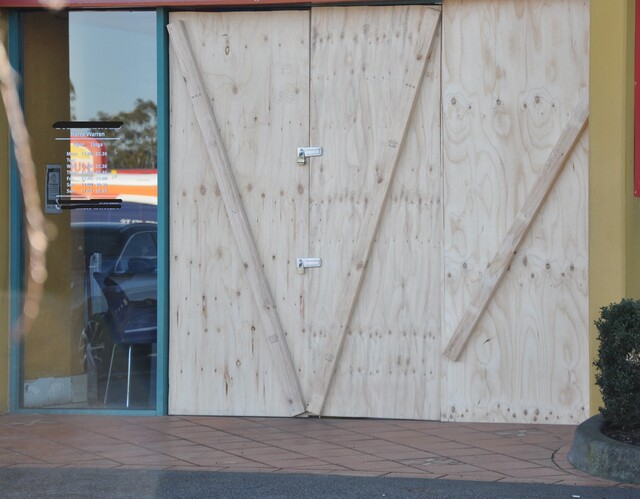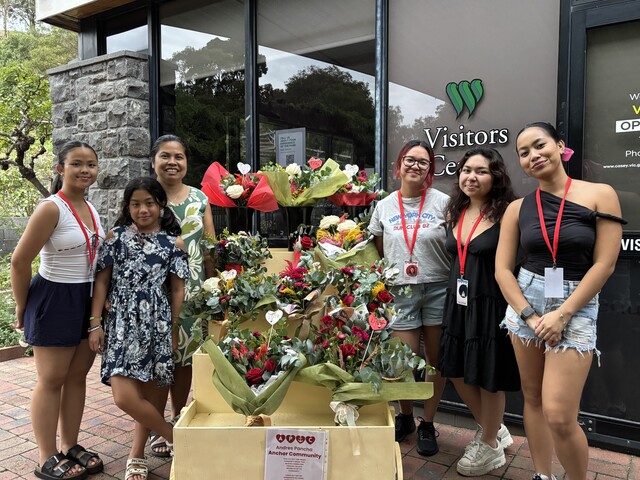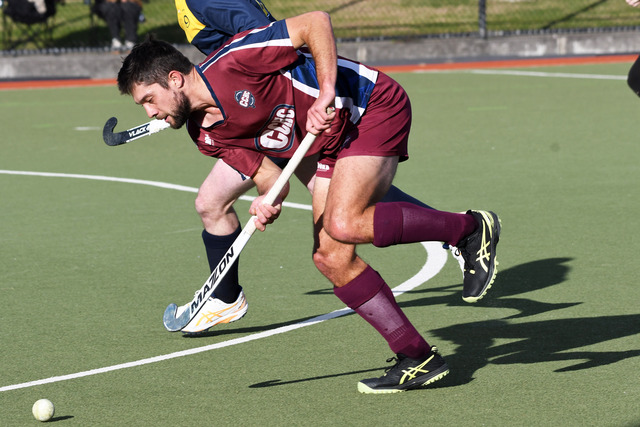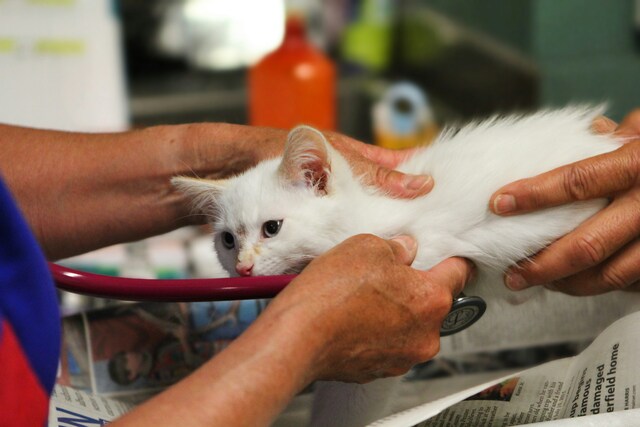
By LACHLAN MOORHEAD
“THIS poor woman’s covered in bruises – where do I go?”
These are the words of Stephanie Saunders spoken on Thursday 19 November, reflecting a communal response from people who witness others being victimized by family violence but don’t know where to turn for help.
Stephanie, the President of the Casey Multi-Faith Network, was hosting the group’s annual White Ribbon luncheon when she asked the rhetorical question.
From April 2014 to March 2015 there were 3759 family incidents reported in Casey compared to 3636 in the same period a year earlier – the most of any local government area.
Meanwhile, the total number of recorded offences in Casey rose by almost 12.9 per cent in the same period, with 18,122 incidents reported in Casey compared to 16,056 a year earlier.
The White Ribbon event took place at the Casey Council chambers where the three keynote speakers addressed a packed audience which included Casey Mayor Sam Aziz and councillors Damien Rosario and Mick Morland.
The guest speakers at the luncheon included Community Development Officer for the Challenge Family Violence Project Dr Crystal Bruton, InTouch Inc Program Manager Roshan Bhandary and Victoria Police officer Maha Sukkar.
Dr Bruton called on people of all faiths to “work together”.
“We can all work together, as a community, to prevent violence against women and their children,” she said.
“To prevent violence against women, we must address inequalities between men and women in our society and ensure women are treated with respect.
“Faith leaders can play an important role in promoting equity and respect toward women and speak out against attitudes that accept or support violence within their communities.”
Ms Bhandary said the aim of InTouch was for women and children from “diverse cultural backgrounds to be safe and free of violence.”
Ms Sukkar, who as well as being Lebanese is a police officer for the Southern Metro Multicultural Liaison Unit, has worked for many years to try to break down cultural barriers that often lead to family violence.
“My message to the community is that the police are here to help make you feel safe,” she said.
“The police want to hear about any type of family violence or violence in general that you experience, even if it is not a crime.
“We need to know what is happening in the community otherwise we cannot help you in preventing the crime.”







